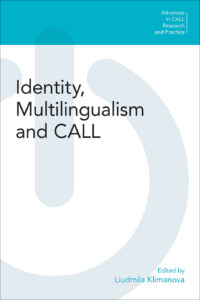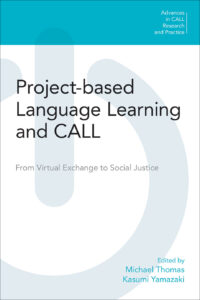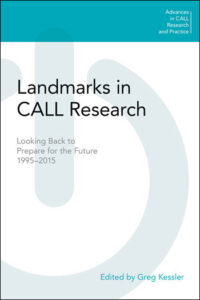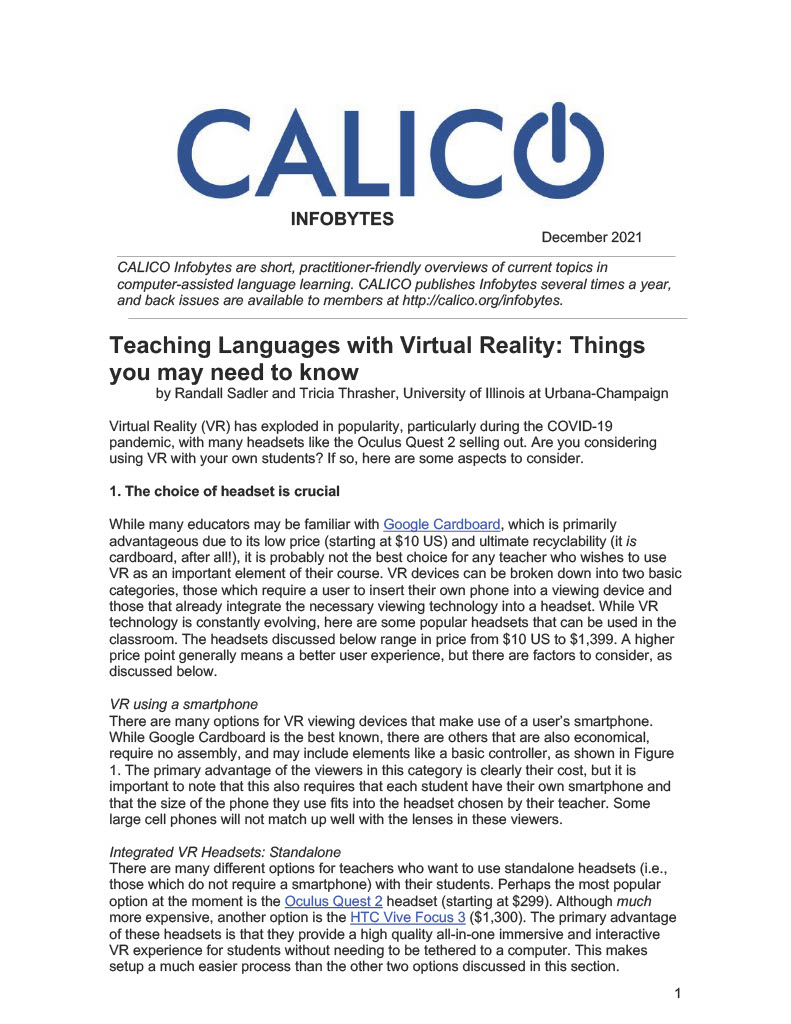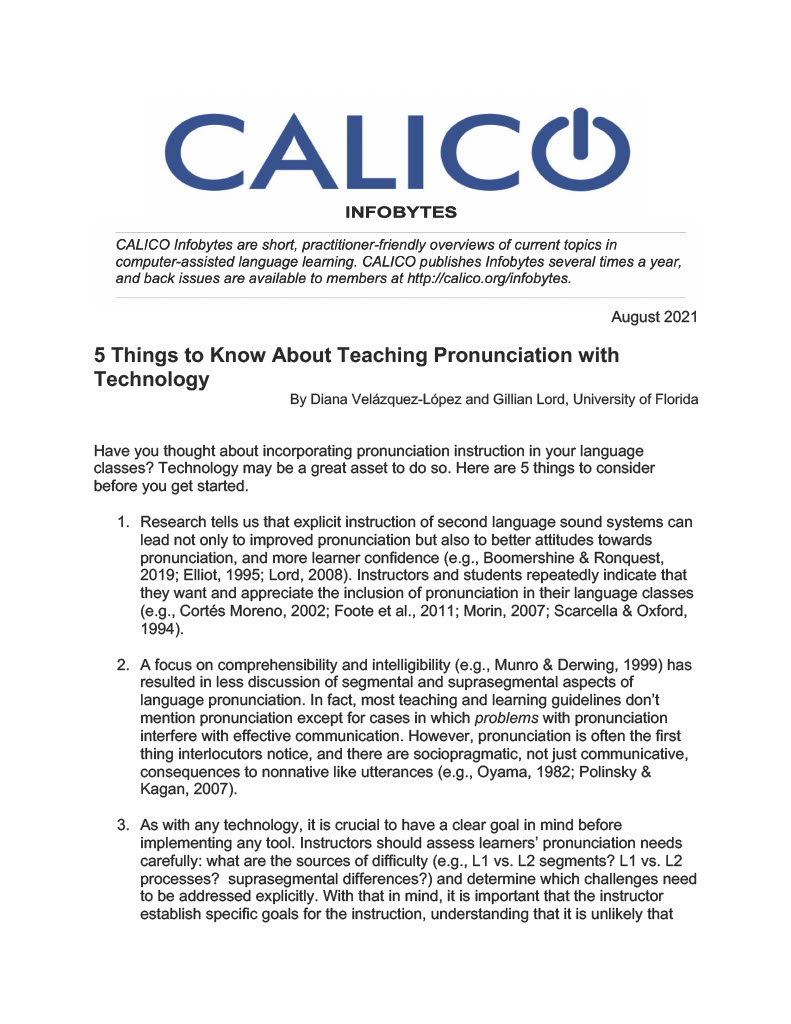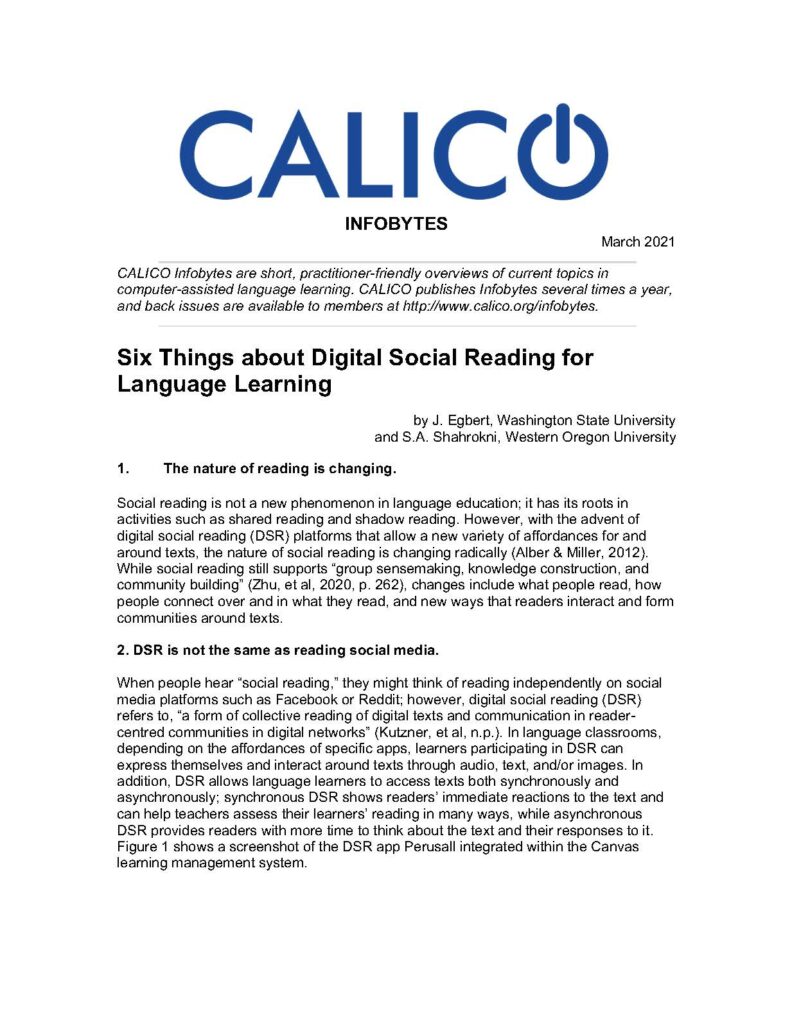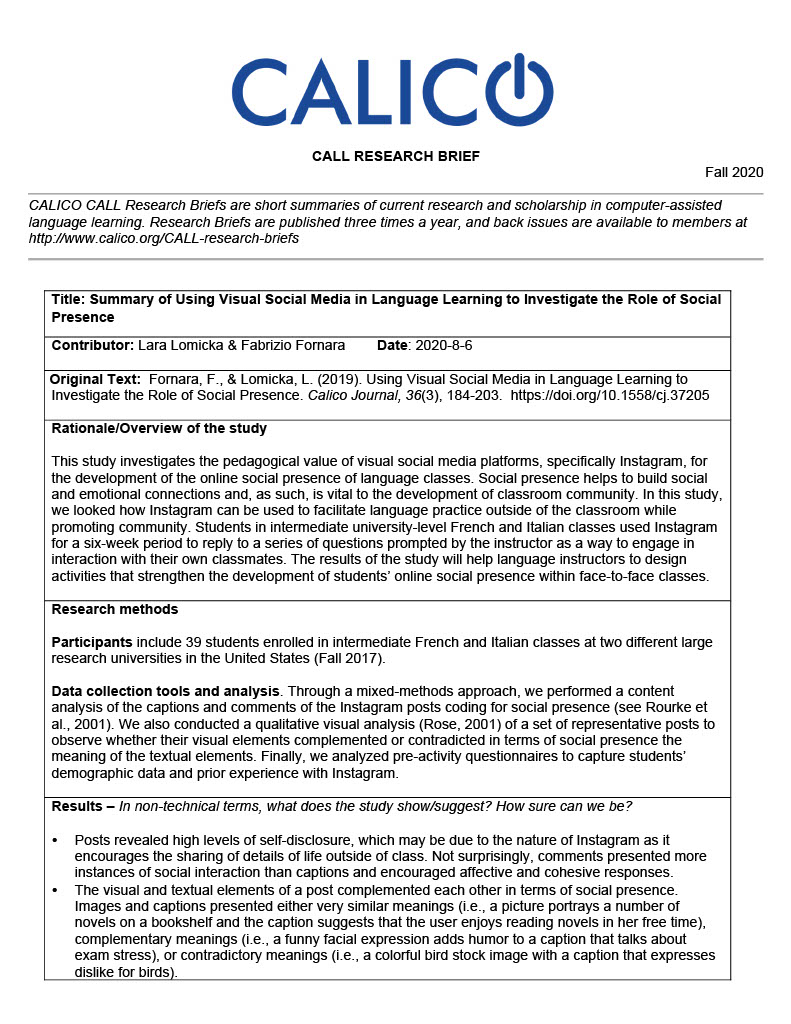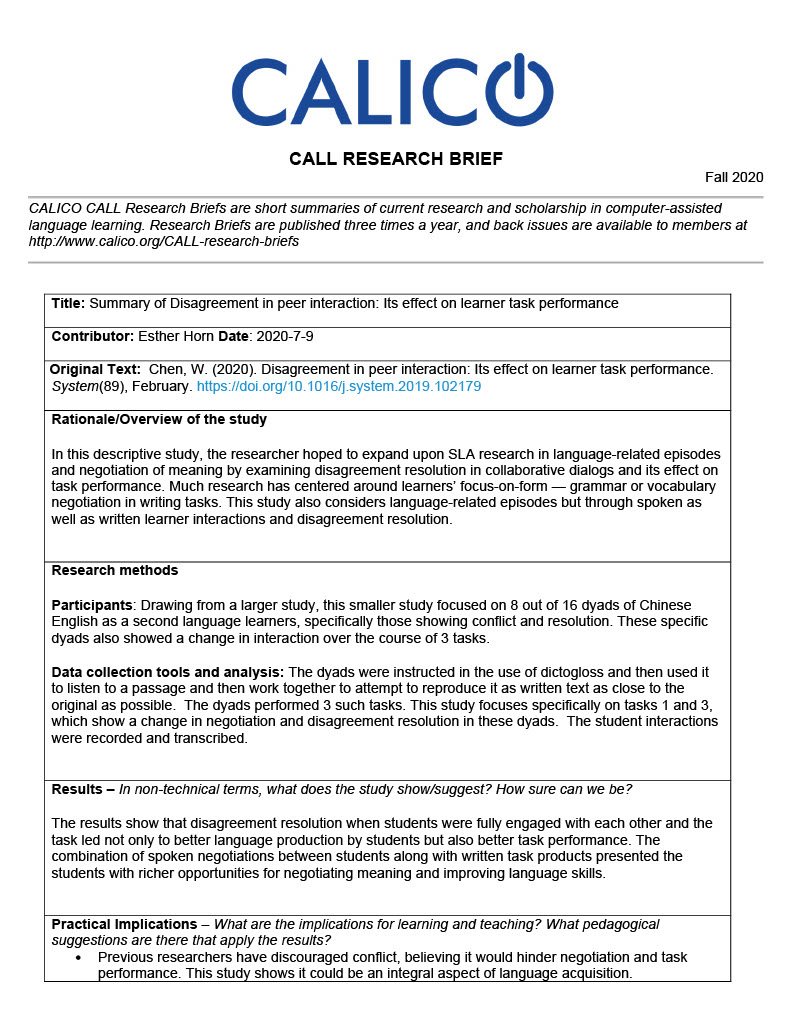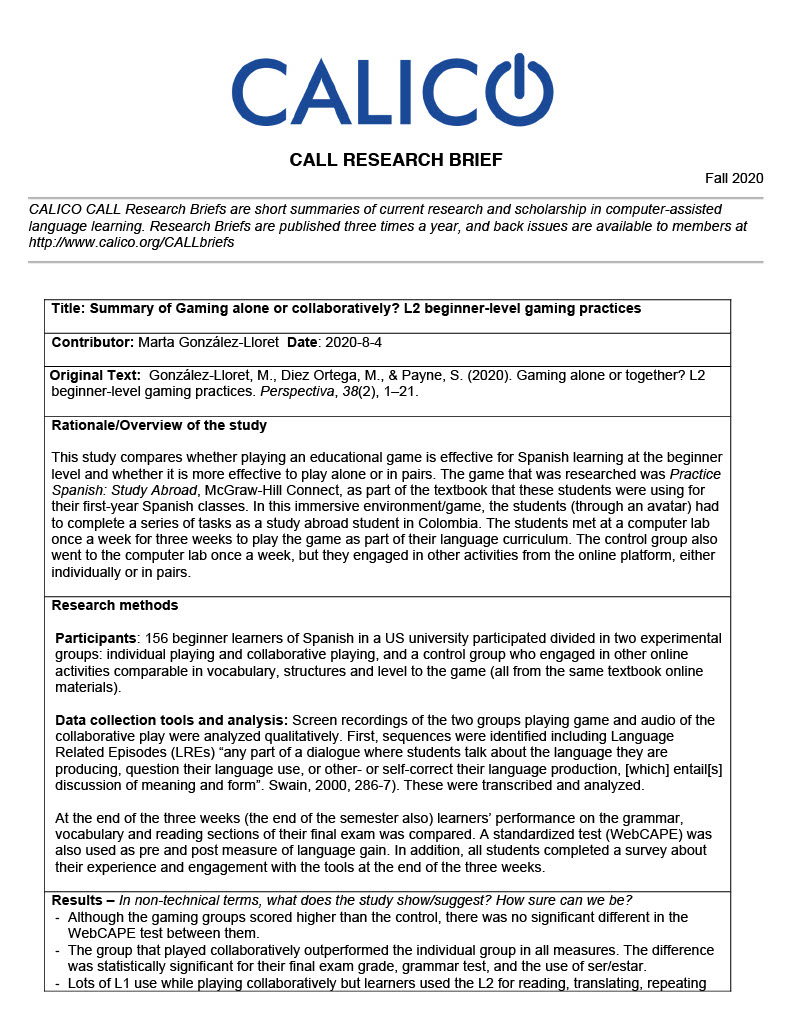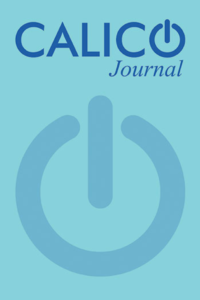
CALICO Journal
Founded in 1983, CALICO Journal is the official publication of the Computer Assisted Language Instruction Consortium (CALICO) and is devoted to the dissemination of information concerning the application of technology to language teaching and language learning.
Become a member of CALICO to get access to the journal.

